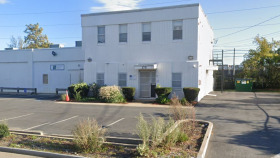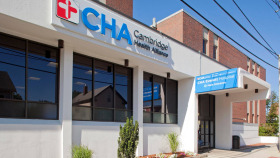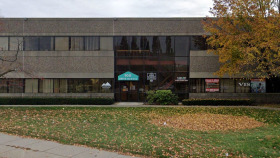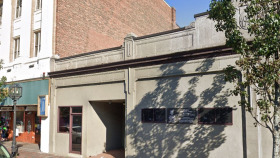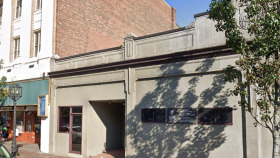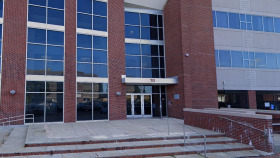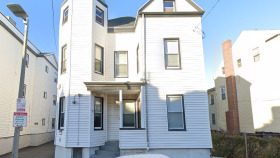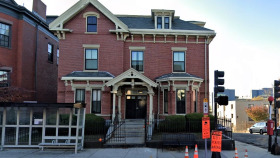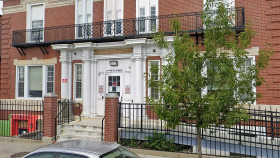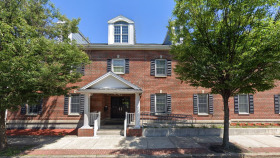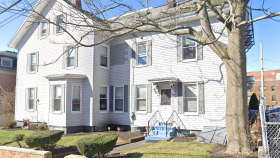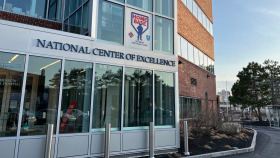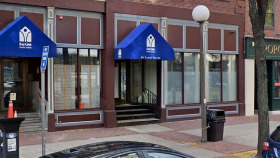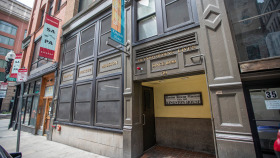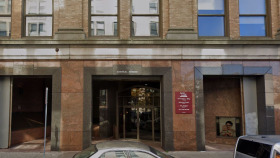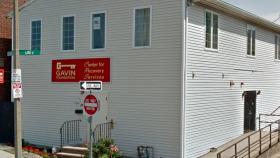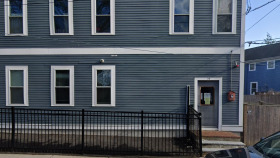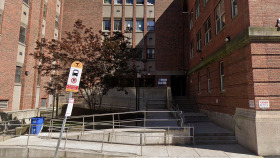Alcohol and Drug Use Statistics in Revere, MA
According to the CDC, the Massachusetts Bureau of Substance Addiction Services, and the Massachusetts Department of Public Health, the following are recent substance abuse statistics for Revere and Suffolk County:1,3,4
In 2017, roughly 81% of Revere residents who were admitted to rehab identified as white, 4% identified as Black, and nearly 5% identified as multi-racial.
Nearly 57% of individuals admitted to Revere rehab centers in 2017 said heroin was their primary drug and approximately 25% said alcohol was their primary substance of use.
From 2018 to 2021, Revere saw a 133% increase in opioid-related overdose deaths.
Levels of Substance Abuse Care
Several levels of care are available for addiction treatment, based on types of needs.
Alcohol and Drug Detoxification
Detox occurs under medical supervision at a hospital, residential, or outpatient facility. It is the process of safely and comfortably removing drugs or alcohol from your system. Once detox is complete, you can transition to the next step of treatment.
Inpatient Drug and Alcohol Rehab
Inpatient or residential treatment involves staying at the rehab facility to receive 24/7 supervised care. Treatment interventions in this setting typically include individual and group therapy, recreational therapy, nutritional counseling, and medication.
Partial hospitalization programs (PHPs)
Massachusetts residents who participate in a PHP live at home while receiving treatment services at a hospital. Treatment often includes many of the same methods as inpatient care, but you return home during non-treatment hours.
Intensive Outpatient Programs (IOPs)
IOPs allow Massachusetts residents to attend counseling sessions several days a week while spending the rest of their time at home, at work, or fulfilling other obligations.
Standard Outpatient
Standard outpatient care is the least intensive treatment option. It involves one to two hours of treatment per week. Highly motivated people with a strong support system are good candidates for this level of treatment.
Relapse Prevention
Also called aftercare, relapse prevention is for Massachusetts residents who have completed a rehab program. It includes ongoing support such as 12-step groups, SMART recovery, and therapy.
How to Pay for Substance Addiction Treatment in Revere, Massachusetts
Private Insurance
Every insurance provider is required by law to cover substance abuse and mental health treatment services to some extent. Contact your provider to learn about the specific coverage they offer, which varies by company.
Massachusetts Medicaid
In Massachusetts, Medicaid and the Children’s Health Insurance Program (CHIP) are rolled into one program, called MassHealth. MassHealth members may be able to cover the cost of rehabilitation treatment services through this government-funded program. Massachusetts residents must apply for benefits, and the treatment provider must accept MassHealth as a method of payment.
Massachusetts Medicare
Massachusetts Medicare is a program funded by the government to provide coverage for Massachusetts residents who are 65 or older, have been on Social Security Disability Insurance for two years, or have end-stage renal disease or Lou Gehrig’s disease. Medicare covers the cost of addiction treatment services; however, some rehab facilities don’t accept Medicare methods of payment, so always check before enrolling in treatment.
Sliding Scale Rehabs
Sliding scale rehab programs charge fees based on income, so you only pay what you can reasonably afford. To qualify for sliding scale rehab in Massachusetts, you may have to provide proof of income.
TRICARE in Massachusetts
Massachusetts TRICARE (North region) is a program funded by the government to provide health insurance coverage for military personnel, veterans, and their families. TRICARE covers addiction treatment services for these individuals.
IHS-Funded Drug Rehabs
Indian Health Services drug rehabs offer addiction treatment free of charge for Indigenous people and Alaskan Natives. This coverage is provided even if other insurance is available.
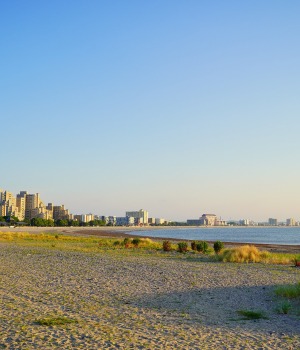
Traveling to and Within Revere, MA
Here’s what you should know to plan your trip to Revere, whether you’re coming to the city for rehab or visiting a loved one in a local accredited recovery center:5,6,7
- Your best option for flights to Revere is Boston Logan International Airport, which is just three miles southwest of the city.
- Revere is part of the Boston metro area and is well connected to the city and surrounding areas via Interstate 90, State Routes 1A and 107, and U.S. Route 1.
- Revere is served by the Massachusetts Bay Transportation Authority’s train service and fixed-route bus service. The city also offers door-to-door paratransit service for persons who cannot use other public transit services due to a disability.
- Revere Beach, the first public beach in the United States, is a quick, 10-minute drive from the heart of Revere.
- If you enjoy spending time outdoors, Revere is home to about a dozen public parks, and Belle Isle Marsh Reservation also borders the city.
- Revere was initially home to a large Italian population, and one of its main streets, Broadway, is still packed with Italian restaurants, bakeries, pizzerias, and markets.
- Popular local attractions include the Northgate Shopping Center, Theater Thursday on Revere Beach, the Institute of Contemporary Art, the Museum of Fine Arts Boston, and Fenway Park.
Massachusetts Alcohol and Drug Laws
Policy makers in Massachusetts have enacted the following laws related to alcohol and drug use and possession:1,2,3,4,5
9-1-1 Good Samaritan Law: Passed in Massachusetts in 2012, this law states that anyone who calls 9-1-1 for an overdose emergency will not be charged with possession of a controlled substance. The policy was created to encourage people to get emergency help during overdose situations.
Naloxone Standing Order: The Massachusetts Act for Prevention and Access to Appropriate Care and Treatment of Addiction allows pharmacies to dispense Naloxone, without a prescription, to anyone at risk of opioid overdose and to others who are in a position to assist those at risk.
Marijuana Decriminalization: As of 2016, recreational use of marijuana is legal in Massachusetts for adults 21 years and older. Adults can have up to one ounce on their person and 10 ounces in their home, but any amount over one ounce must be kept locked up, and marijuana cannot be used in public or on federal property. Residents of Massachusetts can also grow up to six cannabis plants for single-adult households or 12 plants for larger households.
Zero Tolerance Law: In Massachusetts, the legal BAC for drivers under 21 years of age is 0.02% instead of 0.08%. Violation of this law can result in up to three years of license suspension, 2.5 years in prison, up to $5,000 in fines, and a suspended license.
Drug Classes: To establish criminal penalties for violation of drug law, Massachusetts has established five classes of controlled substances. Class A includes opioids. Class B includes cocaine. Class C includes some narcotics. Class D includes marijuana. Class E includes narcotics that contain additional substances.
Resources
- Substance Abuse and Mental Health Services Administration. (n.d.). FindTreatment.gov.
- Centers for Disease Control and Prevention, National Center for Health Statistics. CDC Wonder Online Database. (2021). Underlying Cause of Death, 1999-2020 Results, Deaths occurring through 2020.
- Massachusetts Bureau of Substance Addiction Services. (2018, July 6). Geographic Fact Sheets.
- Massachusetts Department of Public Health. (2022, June). Number of Opioid-Related Overdose Deaths, All Intents by City/Town 2015-2021.
- The Commonwealth of Massachusetts. (n.d.). Public Transportation in Massachusetts.
- City of Revere. (n.d.). Revere Beach.
- City of Revere. (n.d.). Parks and Recreation.


